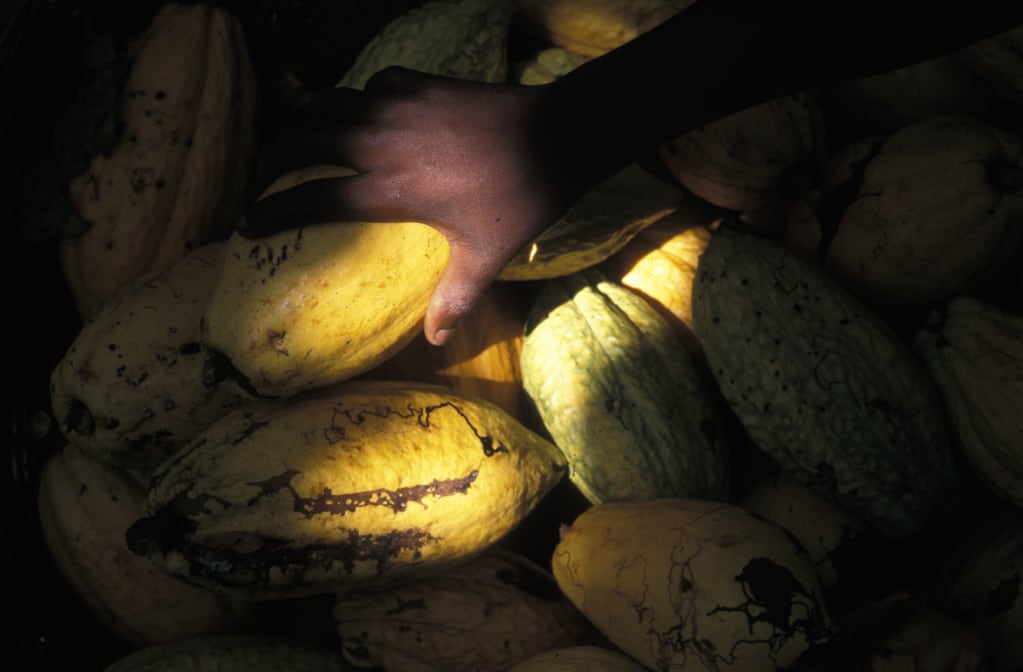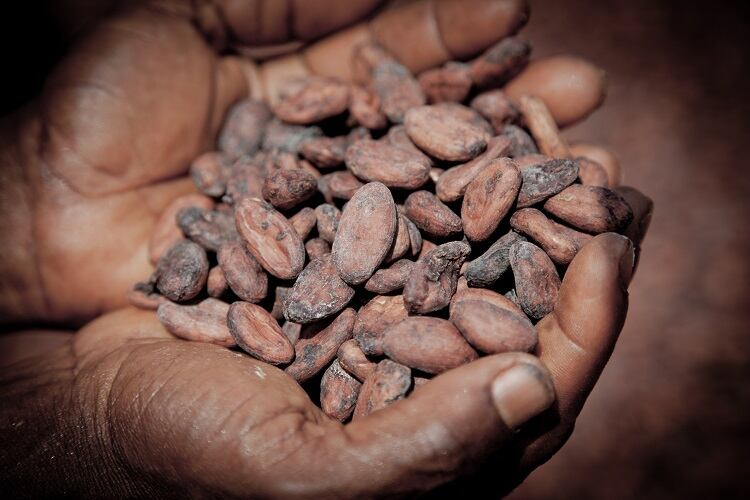Estimates suggest that approximately one in three children living in cocoa-growing areas of Côte d’Ivoire and Ghana (which account for more than 65% of global cocoa production) is involved in child labour and the challenge facing the cocoa sector is enormous.
Forced labour, although at a more localized and limited scale, is also a real problem within agricultural supply chains, the ICI reveals, and it calls for massive expansion of effort, including greater investment and engagement from all actors in the cocoa sector who hold a shared responsibility to act.
This new strategy is ambitious. We are aiming to drive full coverage of child labour and forced labour risks across the cocoa supply chain in Ghana and Côte d’Ivoire, which involves reaching 70% more children than under our previous strategy -- Nick Weatherill, ICI’s executive director
ICI’s new 2021-2026 strategy lays out a roadmap to achieve its vision of thriving cocoa-growing communities within a dignified, sustainable and responsibly-managed cocoa supply chain.
With the support of the industry, the Geneva-based nonprofit organization expects the required 100% coverage of human rights due diligence systems that prevent and remediate child labour and forced labour is possible.
Twenty-five percent of the full supply chain will be covered by ICI’s direct work with its partners, while the ICI will use its influence to drive collective efforts to cover the remaining 75% of the supply chain. This will positively impact the lives of 1.7 million children by 2025, it says.
The roadmap looks at three key pillars that it says must be in place to enable sector-wide impact that protects all children and adults at risk of child and forced labour:
- Responsible supply chains built on systems and services that responsibly and transparently prevent and remediate child labour and forced labour across the entire cocoa supply chain.
- A supportive enabling environment with local, national and international policies and laws, that inspire, motivate and obligate progress, from human rights due diligence legislation in cocoa-consuming countries, to policies that continue to advance access to quality education and social protection in cocoa-producing countries.
- Coordinated approaches to support collaboration, alignment and accountability across the cocoa and chocolate industry, civil society, governments, and donors to maximise their collective impact.
Since its inception 13 years ago the ICI and its partners from the cocoa industry, governments and civil society, have made significant advancements in the fight against child labour.
In its most recent annual report (2019) it claims to have delivered improved child protection for over 380,000 children since 2015.
ICI’s Child Labour Monitoring and Remediation Systems and community development approaches have been proven to be effective at reducing child labour, with research and learning contributing to the continuous improvement of these efforts, it claims.
“This new strategy is ambitious. We are aiming to drive full coverage of child labour and forced labour risks across the cocoa supply chain in Ghana and Côte d’Ivoire, which involves reaching 70% more children than under our previous strategy,” says Nick Weatherill, ICI’s executive director. “While a significant undertaking that will require more actors to engage and all actors to invest more, we believe full coverage is possible building on the results of the past and on the collaborative energy in the sector."
Catalytic role
Progress has been made, but despite this, the ICI estimates that only 10-20% of communities in the entire cocoa supply chain in Ghana and Côte d’Ivoire are covered by monitoring and remediation approaches designed to reduce child labour.
Moving forward, the ICI says its role will be to drive the cocoa sector towards 100% coverage by innovating, catalysing and supporting the development and implementation of effective policies and practices.
“We can see that momentum is building for real change. Human rights due diligence legislation, for instance, is being increasingly applied to global supply chains, requiring more and more actors to implement the kind of approaches that ICI has developed with its partners,” says Weatherill.
“With ICI playing a catalytic role in refining, promoting and embedding these tools, and with all actors in the cocoa sector working together as part of a coordinated multi-stakeholder effort, we can bring our collective vision of thriving cocoa-growing communities to life.”
ICI Strategy: three core areas
- Innovation and learning: ICI will continue to test and evaluate new ways of tackling child and forced labour and will conduct research on root causes, effective policies and promising practices.
- Technical advocacy: ICI will promote the knowledge and learning it generates, engaging in the development of policies and standards, supporting all stakeholders to align their actions for a more coordinated approach and mobilizing resources to unlock investments required for the scale up of effective solutions.
- Capacity and systems strengthening: ICI will provide time-limited operational support to its members and partners to set-up child labour and forced labour prevention and remediation mechanisms that can eventually be sustained without ICI’s support, strengthening national, corporate, civil society and community systems and helping them work together.


